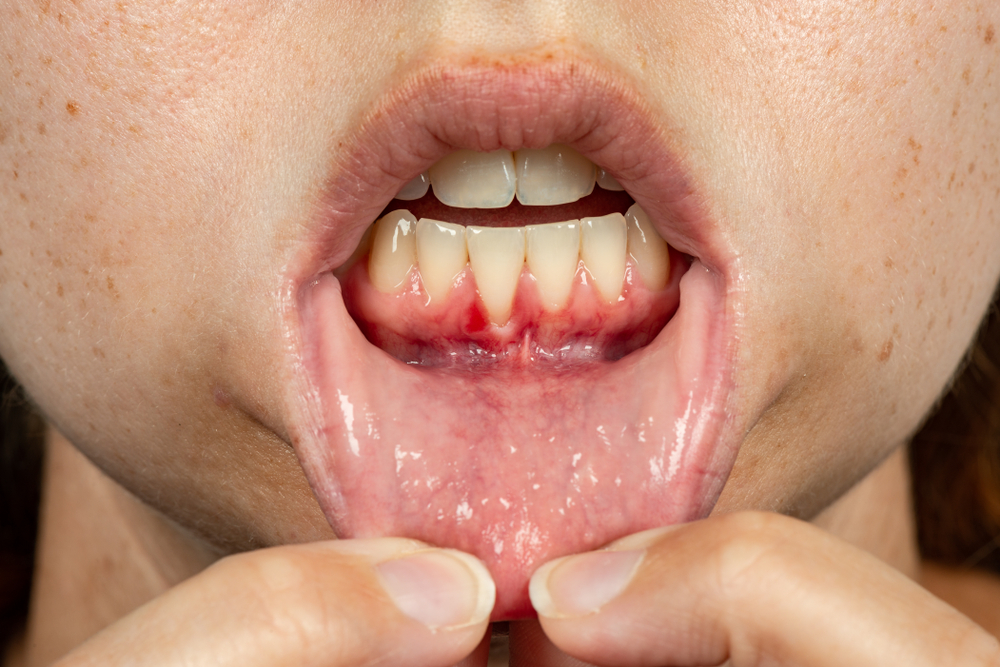

For years, dentists have been informing their patients to brush their teeth, routinely. This is mainly because oral health and hygiene affects the rest of your body, but is constantly being reminded because of gingivitis. Gingivitis affects many Americans, and is a constant battle for people. Gum disease is a serious condition that could in time, result in tooth loss. Tooth loss is a concern when gingivitis turns into periodontal disease. To prevent gum disease, you should always brush your teeth and remove as much plaque and matter as possible.
In the early stages of gum disease, it can be rectified. In the beginning, no bone is lost and your gums do not begin receding. It is important to remember that gum disease is preventable. The best way to take care of your teeth is brushing and flossing, at least twice a day.
Those who don’t take care of their oral hygiene have a high probability of obtaining gingivitis. When gingivitis worsens, periodontal disease may set in. Periodontal disease is a serious condition because the surrounding bone structures begin to be destroyed. Even though this form of mouth disease cannot be reversed, you can put a stop to its progression by going to your dentist on a regular basis and brushing your teeth a few times day. Periodontal disease is a serious condition, which is why you should always try to stop the progression.
There are signs and symptoms you should check for to ensure you’re catching any soft tissue disease early. If you end up noticing your gums are swollen and sensitive or bleed when brushed, you should seek dental attention at your earliest convenience. With the help of a dentist during this time, they can help you resolve your pain with treatment, or recommend a periodontist to further aid in your gingivitis progression.
If you do have gum disease after being checked for further signs and symptoms, your dentist can tell you how to stop the progression and prevent things from getting any worse than they already are. To stay on top of your oral health, schedule an appointment with your dentist.
